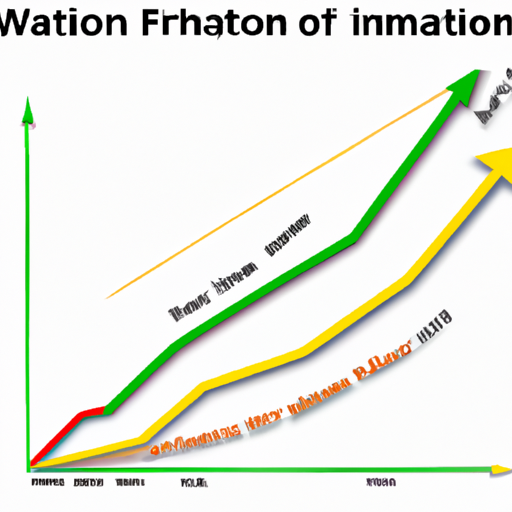JohnDoe
This article provides valuable information on navigating inflation in wealth management.

Inflation refers to the general increase in prices of goods and services over time, leading to a decrease in the purchasing power of money. This means that the same amount of money will buy fewer goods and services in the future. As a result, the value of your savings, investments, and overall wealth can be eroded by inflation.
One common strategy to mitigate the impact of inflation on wealth management is to invest in assets that have historically outpaced inflation, such as stocks, real estate, and commodities. Diversifying your investment portfolio can also help protect against inflation risk.
Inflation can have a significant impact on retirement planning, as it can erode the purchasing power of retirement savings over time. To combat this, financial planners often recommend adjusting retirement savings goals to account for inflation and investing in inflation-protected securities.
While inflation can erode the value of savings, it can also benefit those with debt. Inflation reduces the real value of debt over time, making it easier to repay. However, it's important to carefully manage debt and not rely solely on inflation to reduce debt burden.
Given the dynamic nature of inflation and its impact on wealth management, it's essential to regularly monitor and adjust your financial strategies. Working with a financial advisor can help you navigate the complexities of inflation and make informed decisions to protect and grow your wealth.

| Year | Inflation Rate |
|---|---|
| 2016 | 2.1% |
| 2017 | 2.4% |
| 2018 | 2.9% |
| 2019 | 1.8% |
In conclusion, understanding the impact of inflation on wealth management is crucial for building and preserving long-term financial security. By implementing strategies to mitigate inflation risk, adjusting retirement planning goals, and staying proactive in managing debt, individuals can better navigate the effects of inflation on their wealth.
JohnDoe
This article provides valuable information on navigating inflation in wealth management.
JaneSmith
I found the strategies for mitigating inflation risk particularly helpful.
FinanceGuru
Good overview of how inflation impacts financial planning.
SavvyInvestor
The section on retirement planning and inflation was especially insightful.
MoneyMatters
I appreciate the emphasis on monitoring and adjusting wealth management strategies in response to inflation.

|
Roxanne Blick is a certified financial planner with over 10 years of experience in wealth management and financial planning. She specializes in helping clients develop personalized strategies to protect and grow their assets in the face of economic challenges. |